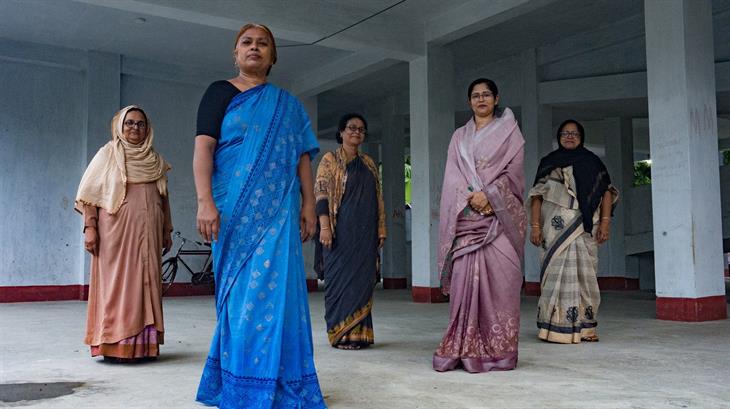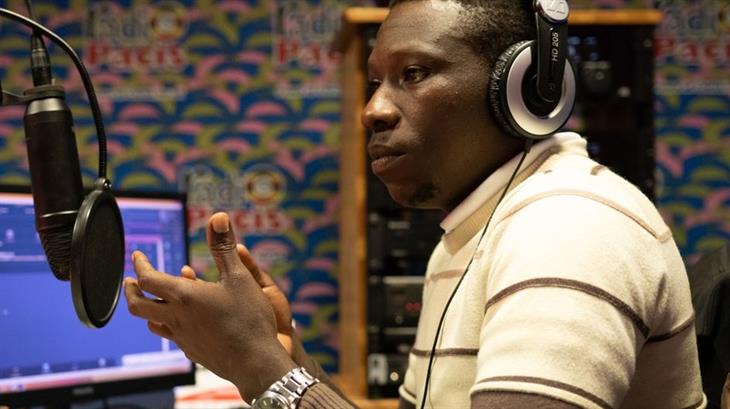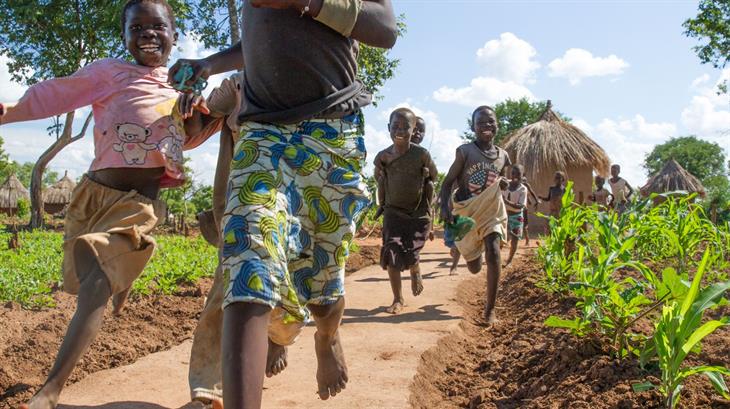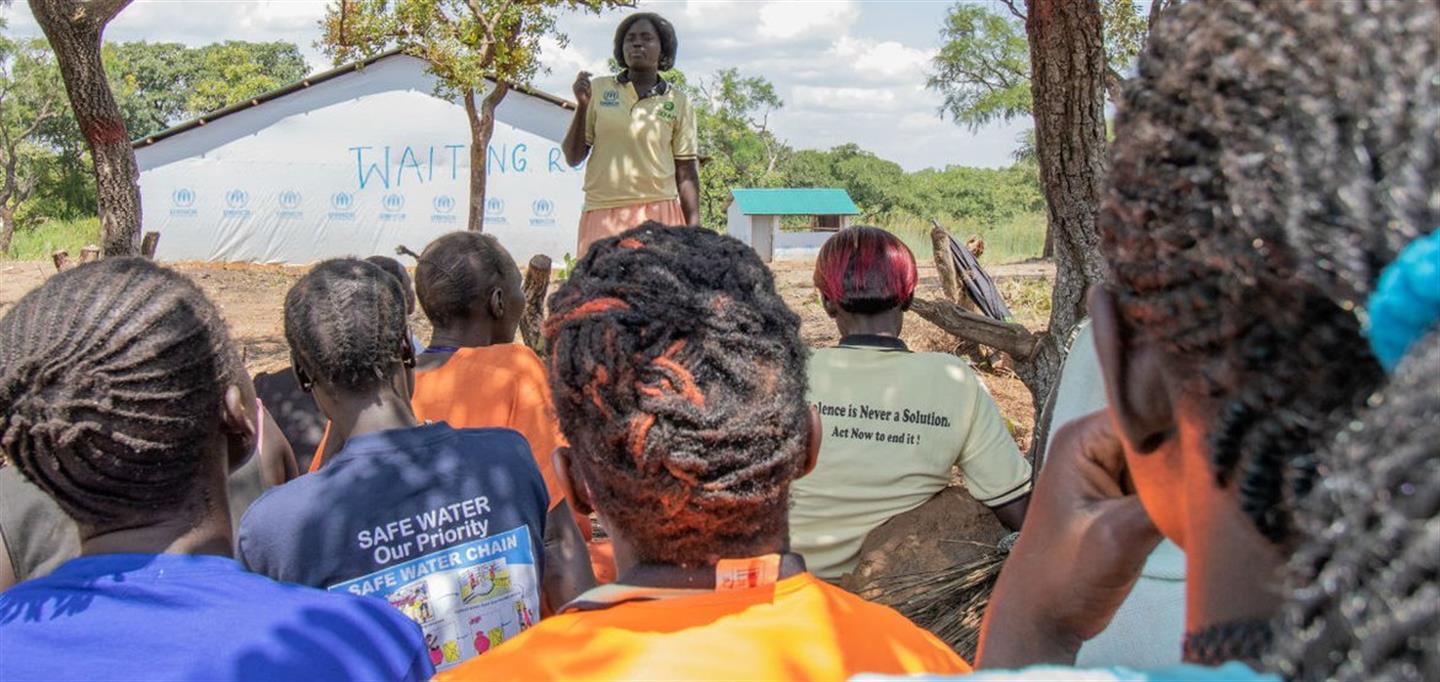
Empowering Local and National Humanitarian Actors (ELNHA)
1. THE CHALLENGE
As climate change and prolonged armed conflict create and intensify emergencies around the world, humanitarian needs are pushing international humanitarian aid agencies to their limits.
The global humanitarian community (INGOs, donors, the UN) has not fully recognized the ability of local and national NGOs, civil society organizations, and government agencies to lead and implement effective humanitarian programming. Local and national groups working on the front lines of emergencies understand the needs and the solutions, and they can act swiftly; their knowledge of local languages, culture, geography, and political realities, as well as the local needs, can make them critically important first responders.
Local and national humanitarian agencies already provide leadership in emergencies in many contexts; given adequate skills, resources, and space in which to make their voices heard, they can save lives, and sustain recovery and risk-reduction efforts long after international responders have departed.
2. THE PROJECT
ELNHA is a flagship project of five-years that advocates for a fundamental change in the international humanitarian system, based on more equitable, collaborative partnerships between international and local responders—partnerships in which international groups promote and support responsible local and national leadership.
The Program is implemented in Uganda and Bangladesh, two countries affected by humanitarian crises of varied nature. The high influx of refugees from neighbouring country South-Sudan and the high risk of drought puts a strain on Uganda. While Bangladesh, because of its location, is prone to cyclical natural disasters such as flooding, landslides, cyclones and river erosion. In more recent years, it has also had to manage an influx of more than 1million refugees from Myanmar. Both situations ask for a continuous and strong humanitarian response.
Such a transformational agenda requires that we change the way we design, fund, support and engage in humanitarian work as INGOs and international donors, in relation to local organizations and governments. Working with a wide range of stakeholders the project applies a holistic approach to achieve the envisioned change. It strengthens the capacity of LNHAs, gives them a voice in designing the humanitarian agenda and helps them advocate support from international humanitarian donors and NGO’s for this change in leadership.
The method
The Program supports the shift to a more locally-led humanitarian system by investing in:
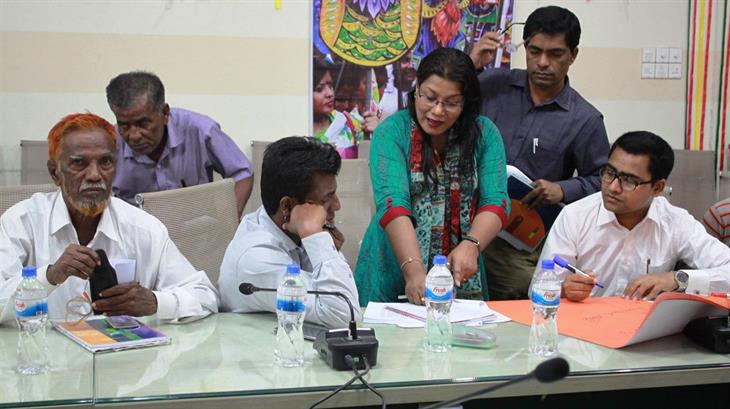
Strengthening local and national capacity: How to rethink capacity and complementarity
This includes strengthening technical capacity (for example, how to ensure access to water, sanitation, and shelter), organizational capacity (such as how to build strong financial systems, raise funds, create effective strategies, and manage human resources), and in particular strengthening local humanitarian governance, by establishing multi-stakeholder collaborations, collective advocacy and planning. Read more...
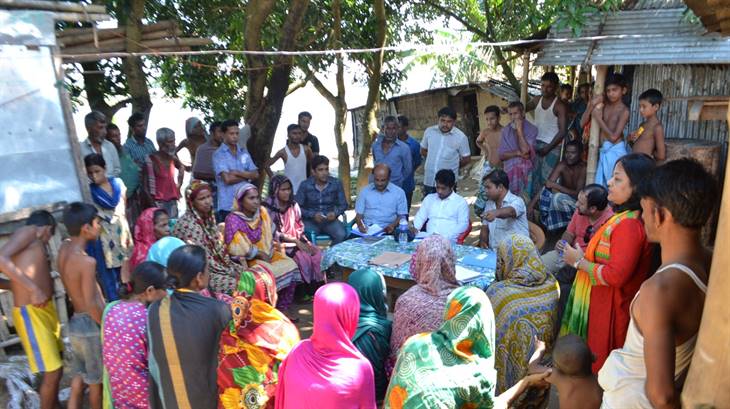
Transferring more funds directly to local actors
ELNHA pilots funding models that promote the independence and leadership of local actors in preparedness and response. One successful example has been the Humanitarian Response Grant Facility (HRGF) which is activated when a humanitarian emergency is flagged. The funding is only accessible by local actors and is awarded based on their self-designed proposals. Read more...
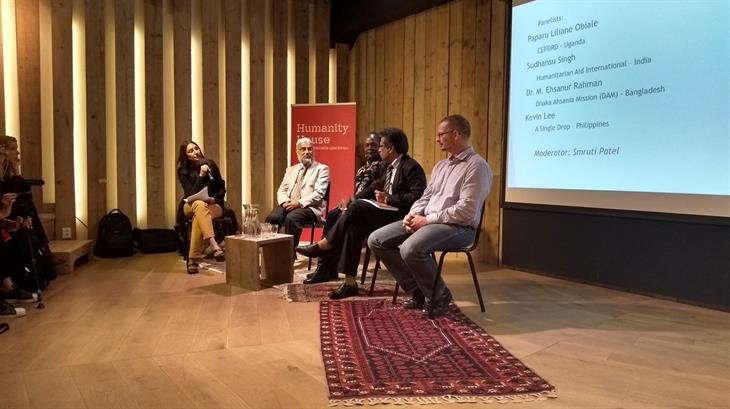
Advocating to the international community for a more locally-led humanitarian system
We call on donors and aid agencies to fulfill their commitments to the Grand Bargain, and Charter for Change. Less than three per cent of international humanitarian assistance goes directly to local and national responders, including governments. ELNHA advocates for donors and aid agencies to fulfill their commitments and ensure that at least 25 percent of global humanitarian funding flows directly to responsible government and civil-society organizations in vulnerable countries. Beyond funding, the ELNHA advocates for a “new way of working”in how we partner, engage in learning an capacity strengthening, promote the work of local actors so that they can come out of an emergency stronger, more independent, and more confident that they can handle—or avert—the next crisis. The the experience and learning from its operations in country are used to support advocacy work. Read more...
Stories and evaluations
FACTS:
- Project name: Empowering Local and National Humanitarian Actors
- Project period: January 2016 – March 2021
- Donor: IKEA Foundation
- Target group: local and national humanitarian actors (LNHAs)
- Location: Uganda and Bangladesh
- Number of local actors engaged: 90 in Bangladesh and 60 in Uganda
CONTACT:
For more information about this project, please contact ELNHA


